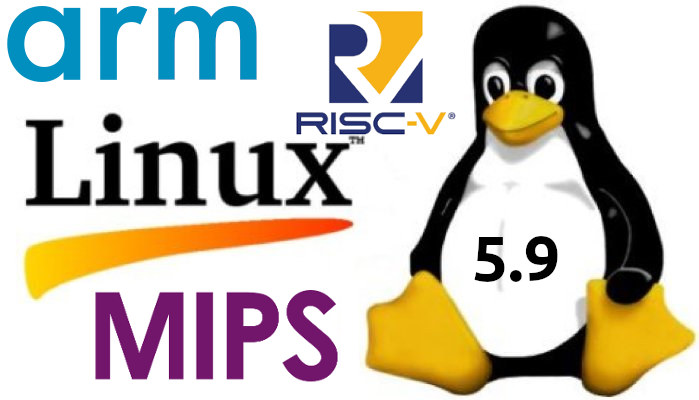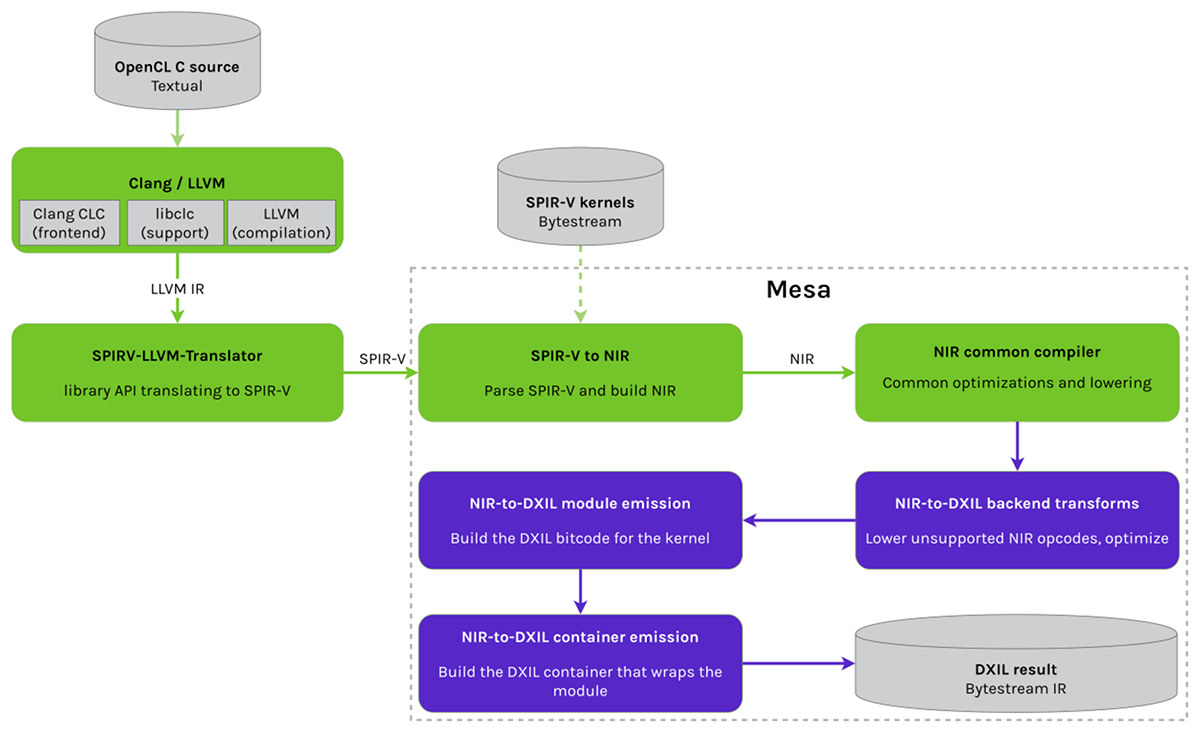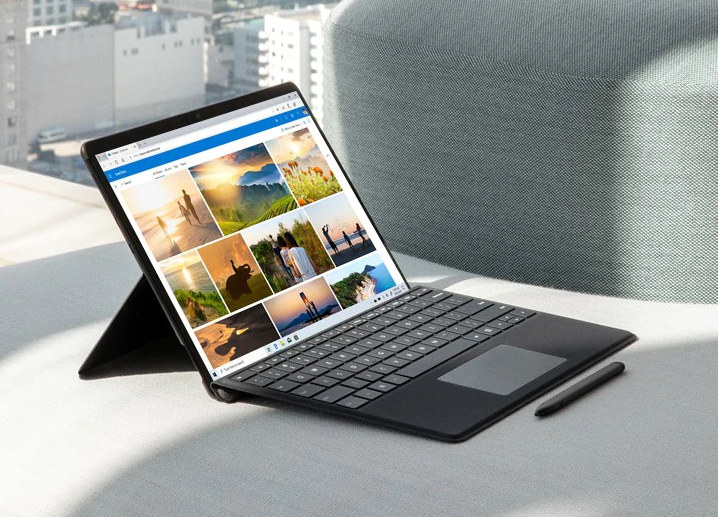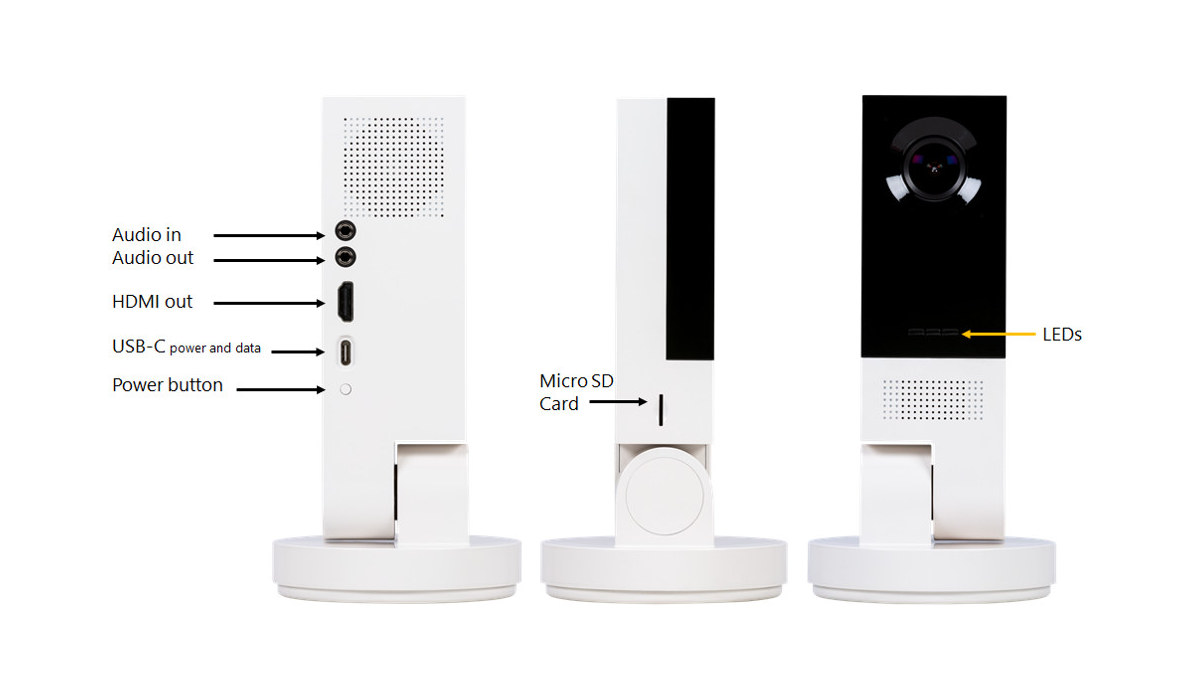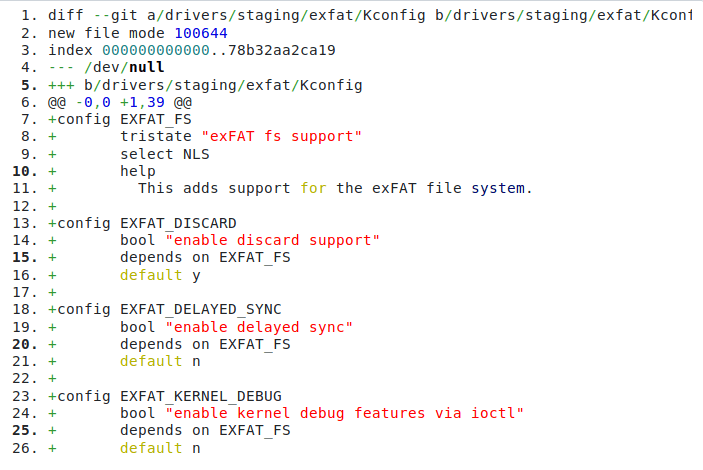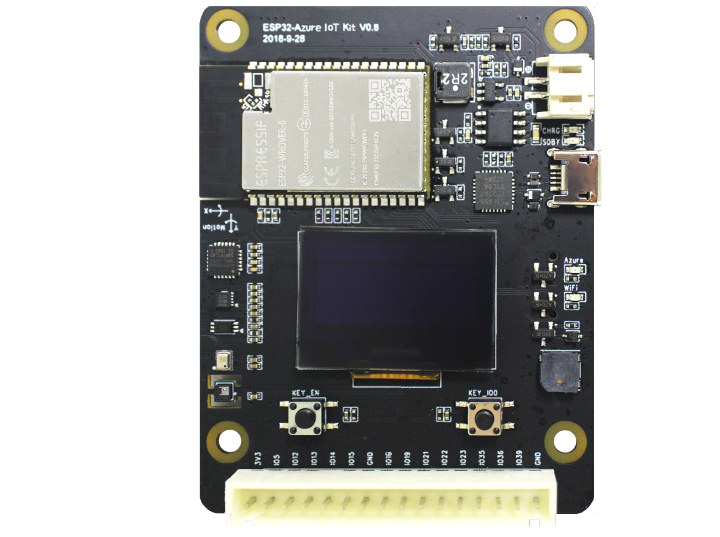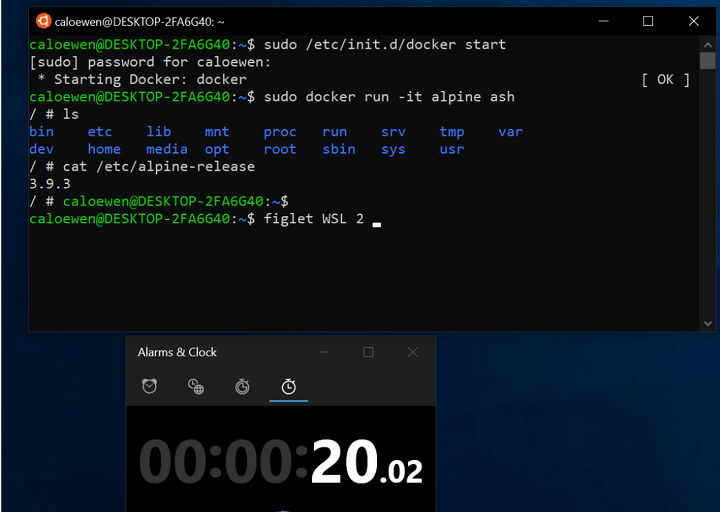Black Friday is a huge promotional event created by major retailers in the United States, which has since become one of the largest e-commerce events in the world, leading to the Christmas shopping season. Godeal24 is no stranger to these big seasonal sales and is already preparing for this year’s shopping madness: From November 15th to December 1st, Godeal24 offers you the unique opportunity to buy the best Operating Systems. Feel like a superhuman this Black Friday with our “Buy 1 Get 1 Free” deal. If that’s not enough, we are also offering flat 50% OFF on Windows 10 and flat 55% OFF on other Microsoft’s software on sale. So to help you make better choices, we’ve highlighted some of the most popular products on offer during the upcoming “Black Month”. Let’s take a look at the exclusive deals and discounts from Godeal24. BLACK FRIDAY SUPER SALE: Buy 1 Get […]
Linux 5.9 Release – Main Changes, Arm, MIPS & RISC-V Architectures
Linus Torvalds has just announced the release of Linux 5.9 on lkml: Ok, so I’ll be honest – I had hoped for quite a bit fewer changes this last week, but at the same time there doesn’t really seem to be anything particularly scary in here. It’s just more commits and more lines changed than I would have wished for. The bulk of this is the networking fixes that I already mentioned as being pending in the rc8 release notes last weekend. In fact, about half the patch (and probably more of the number of commits) is from the networking stuff (both drivers and elsewhere). Outside of that, the most visible thing is a reinstatement of the fbdev amba-clcd driver – that’s a noticeable patch, but it’s basically just mainly a revert. The rest is really really tiny (mostly some other minor driver updates, but some filesystem and architecture fixes […]
Collabora & Microsoft to Bring OpenCL 1.2 and OpenGL 3.3 to DirectX 12 enabled Windows Devices
Collabora has been working on open-source graphics projects for a while, including Panfrost open-source drivers for Arm Midgard and Bitfrost GPUs which got experimental OpenGL ES 3.0 support earlier this year. But the company has also been working with Microsoft in order to provide an OpenCL 1.2 & OpenGL 3.3 translation layer for Windows devices compatible with DirectX 12. Their solution relies on Mesa 3D OpenCL and OpenGL open-source implementation with three main components: an OpenCL compiler using LLVM and the SPIRV-LLVM-Translator to generate SPIR-V representations of OpenCL kernels. The data goes through an SPIR-V to NIR translator (NIR is Mesa’s internal representation for GPU shaders), and finally to NIR-to-DXIL generating a DXIL compute shader and metadata understood by DirectX 12 (D3D12) a custom OpenCL runtime to do a direct translation of DirectX 12 (Not based on Mesa Clover implementation) a Gallium driver that builds and executes command-buffers on the […]
$1,000 Microsoft Surface Pro X Tablet is Powered by Microsoft SQ1 Arm Processor
Arm Windows 10 laptops, tablets, and 2-in-1 hybrids have been around for a couple of years all powered by Qualcomm Snapdragon processors so far. Now Microsoft is launching Surface Pro X Windows 10 tablet powered by its own Microsoft SQ1 Arm processor. It sells for $999 with 8GB RAM, 128GB storage, and a 13″ 2880 x 1920 x pixel touchscreen display in the default configuration, but you can also customize your order with up to 16GB RAM, 512GB SSD storage, optional keyboard and stylus for over $2,000. Microsoft Surface Pro X Specification Microsoft Surface Pro X specification: SoC – Microsoft SQ1 Arm processor @ 3.0 GHz with Adreno 685 GPU System Memory – 8GB or 16GB LPDDR4x RAM at 3733Mbps (option for 16GB) Storage – Removable 128, 256, or 512GB M.2 SSD Display – 13” PixelSense Display with 2880 x 1920 resolution (3:2 aspect ratio), 10 point multi-touch, 450 nits […]
Microsoft Unveils The Vision AI Developer Kit For AI on the Edge
The field of Artificial Intelligence is getting more exciting every single day, and the big corporations and startups are massively pouring for it. One thing I am undoubtedly sure about is that the future will certainly be remarkable. Microsoft, the biggest software company in the world with sales over $100 billion has been venturing in the domain of artificial intelligence for a while now with cloud computing platform Azure and other related cloud computing services, but instead of its usual cloud computing route for AI, Microsoft is banking on AI on the edge with the introduction of the Vision AI Developer Kit in joint partnership with the semiconductor giant Qualcomm. With millions of data collected at the Edge, the potential of artificial intelligence on the edge is promising. AI cases performed on the Edge will help in making critical decisions, and more data insight can even facilitate important business scenarios. […]
Microsoft to Support exFAT File System in Linux, Releases exFAT Specification
Microsoft’s exFAT file system is quite popular for removable mass storage devices such as SD cards and USB flash drives as it’s supported in Windows, and many consumers devices such as cameras can handle Microsoft’s patented file system. The “patent” part causes an issue in Linux, as companies need to license it in order to ship it in their products or operating systems image. I recently re-installed Ubuntu 18.04 on my laptop, and if I reinsert my “test” USB drive: BTRFS, EXT-4, and NTFS partitions all mount automatically, but not the exFAT one. If I click on the partition, I get this message: That’s because Canonical does not provide exFAT by default in Ubuntu due to legal issues. It’s however easy enough for the user to install exFAT utilities
|
1 |
sudo apt install exfat-fuse exfat-utils |
The drive will mount successfully:
|
1 2 |
mount | grep -i exfat /dev/sdc3 on /media/jaufranc/USB3_EXFAT type fuseblk (rw,nosuid,nodev,relatime,user_id=0,group_id=0,default_permissions,allow_other,blksize=4096,uhelper=udisks2) |
Note that it’s using FUSE (Filesystem in Userspace), and it’s usually not a problem […]
Espressif Rolls out ESP32 Boards for Microsoft Azure IoT & Google Cloud IoT Core Services
Espressif ESP32 WiFi & Bluetooth processor is pretty versatile, and you could connect any ESP32 board to any cloud services with some efforts. But to make things even easier Espressif Systems worked with Microsoft and Google to release versions of ESP32 boards specifically designed to connect to Microsoft Azure IoT or Google Cloud IoT core. Meet ESP32-Azure IoT Kit and ESP32-DevKitC Google Cloud IoT. ESP32-Azure IoT Kit Hardware specifications: Wireless Module – ESP32-WROVER-B WiFi and Bluetooth module Storage – MicroSD card socket Display – 0.96” blue and yellow OLED display driven by SSD1306 I2C driver chip Sensors InvenSense MPU6050 motion sensor NXP MAG3110 magnetometer FBM320 barometer STMicro HTS221 humidity & temperature sensor ROHM BH1750FVI light sensor Expansion – 16-pin header Debugging – USB to UART bridge for serial debugging & programming Misc – Reset button, user button, 2x charge LED’s, 2x user LED’s, 1x passive buzzer Power Supply – 5V […]
Windows Subsystem for Linux 2 Gets a Linux Kernel, Faster File System, Docker Support
Microsoft first introduced Windows Subsystem for Linux in 2016 in order to let developers runs bash command from Ubuntu user space without having to install Ubuntu in a virtual machine or container. It relies on the Windows kernel with a library converting Linux system calls into ones compatible with Windows. Performance is great until you start to involve file systems calls, for example during code compilations, something that’s fairly common for developers… Microsoft has been working on solving this performance issue, and compatibility issues with software such as Docker, and is now close to releasing Windows Subsystem for Linux 2 (WSL 2) featuring its own Linux 4.19 kernel instead of the Windows kernel plus a translation layer. WSL 2 uses virtualization technology to run its custom Linux kernel inside of a lightweight utility virtual machine (VM) which takes just 2 seconds to boot. That also means there will be separate […]



